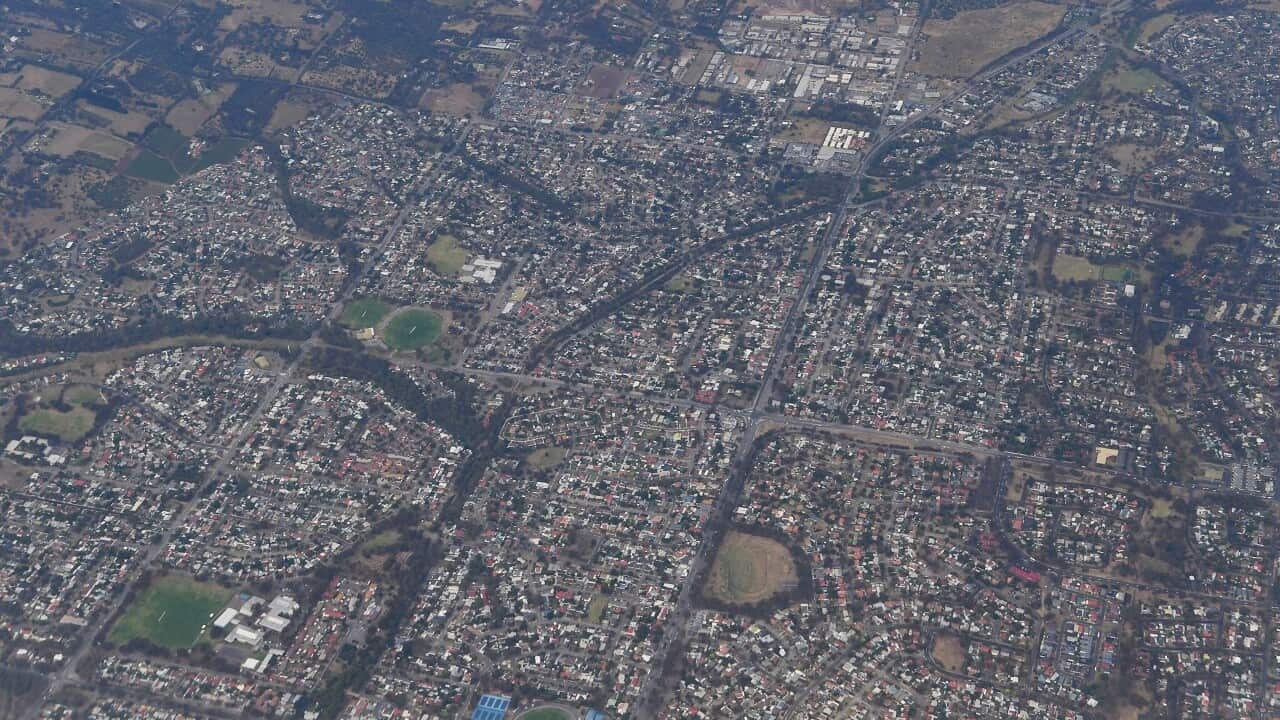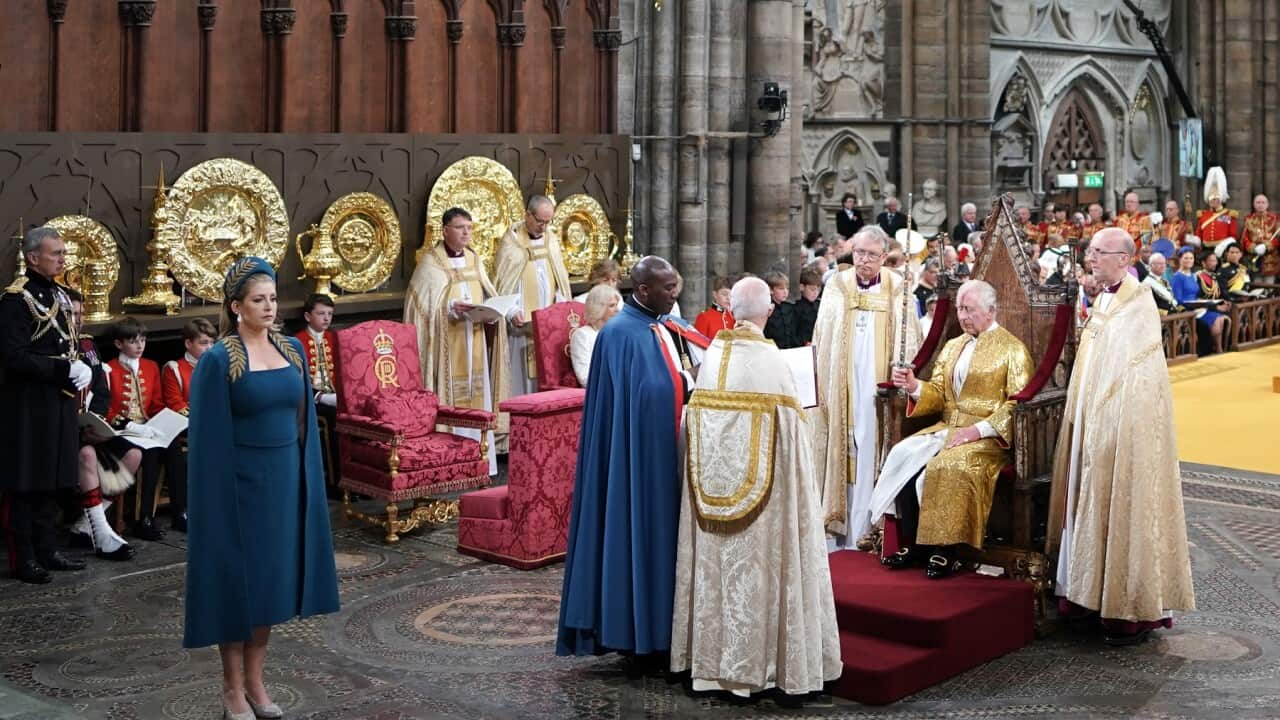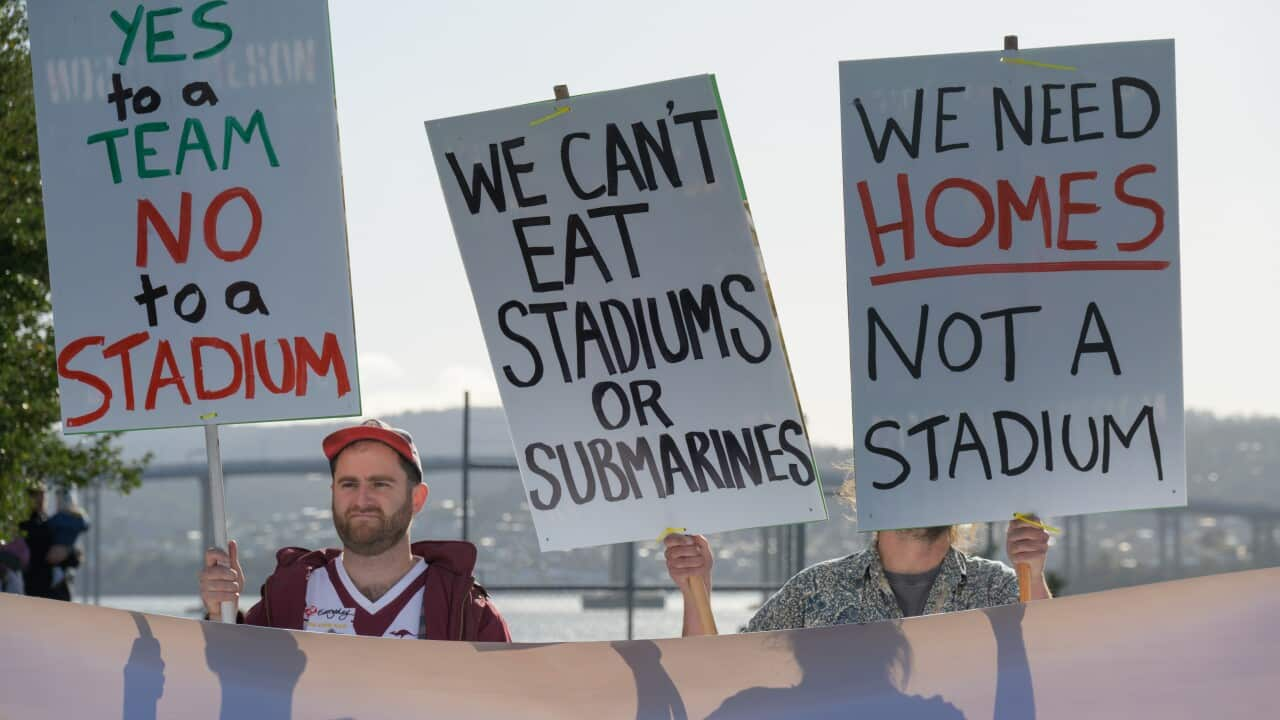New South Wales opposition leader Luke Foley is the latest politician advocating a review of Australia's migration policy, saying a target number needs to be established.
Government data shows Australia's net migration is currently contributing an extra 250,000 people to Australia's population every year.
Australia already has a yearly cap on permanent migration, set by the Commonwealth, that has been fixed at 190,000 since 2011.
But there is no cap on migration that includes temporary visa holders, and workers and students on those visas often are able to apply later for permanent visas.
With recent opinion polls in New South Wales projecting a tight race in the next state election, Mr Foley has told Macquarie Radio the states and territories need to get together for a review.
"The challenge we face at the moment is the capacity of our largest cities, Sydney and Melbourne, to absorb the very large number of migrants that are coming. I wouldn't put a freeze on, but I do think there needs to be a number set in consultation with all of the states and territories."
Australia's migration intake became the centre of discussion again last month (feb) after former prime minister Tony Abbott called for cuts.
He said crime rates and pressure on infrastructure and the property market are too high.
A number of his Cabinet colleagues, including Prime Minister Malcolm Turnbull, quickly countered his remarks.
Finance Minister Matthias Cormann has told the ABC he does not think Australia's migration policy needs to be reduced and any changes must retain a focus on attracting skilled migrants.
"When it comes to immigration levels, obviously, the focus ought to be on attracting the right set of skills and the right people into Australia to help us build a stronger, more prosperous and more successful Australia. And, obviously, the infrastructure development needs to run in parallel. I mean, we've got to ensure that we plan and that we continue to invest and develop infrastructure that we need in order to accommodate those people that are joining us here in Australia."
Population growth was a central topic on the ABC's Q and A program on Monday night. (mar 12)
Questions touched on problems such as housing affordability, overcrowded schools, poor public transport and traffic congestion.
Australia's population is predicted to hit 25 million this year, and former foreign minister Bob Carr says now is the time to reduce immigration numbers.
"We can achieve all the decent effects we want for ourselves and for others by running an immigration program that's markedly less ambitious than it's been, giving us time to recover, to get things right. Don't shrug it off and say, 'It's all a matter of planning, it's all a matter of infrastructure.' Let's get it right by giving ourselves a bit of planning space, by just seeing that the level comes down appreciably."
Panellist Jay Song, a senior lecturer in Korean studies from the University of Melbourne's Asia Institute, had received her permanent residency six months ago.
Dr Song says the population issue has nothing to do with the number of migrants arriving in Australia and some politicians are unfairly putting the blame on that.
"What Australians want is also what migrants want, too. We don't want the congested, heavy traffic when we go to work. We also respect the clean environment, sustainable environment, and we all want to grow together as a nation."
The chief executive of the non-partisan Grattan Institute, John Daley, says there is also a moral imperative some people might not be considering.
"So far we've been talking about it from a self-interested Australian perspective. And there is another perspective here, which is essentially, 'What about the interests of those people who would otherwise migrate?' Australia has a whole series of existing high-quality institutions ... by global standards, a genius for integrating migrants into our community. We obviously can't accommodate the entire world, but, if we can accomodate some, we're helping people that otherwise would be less well off."




